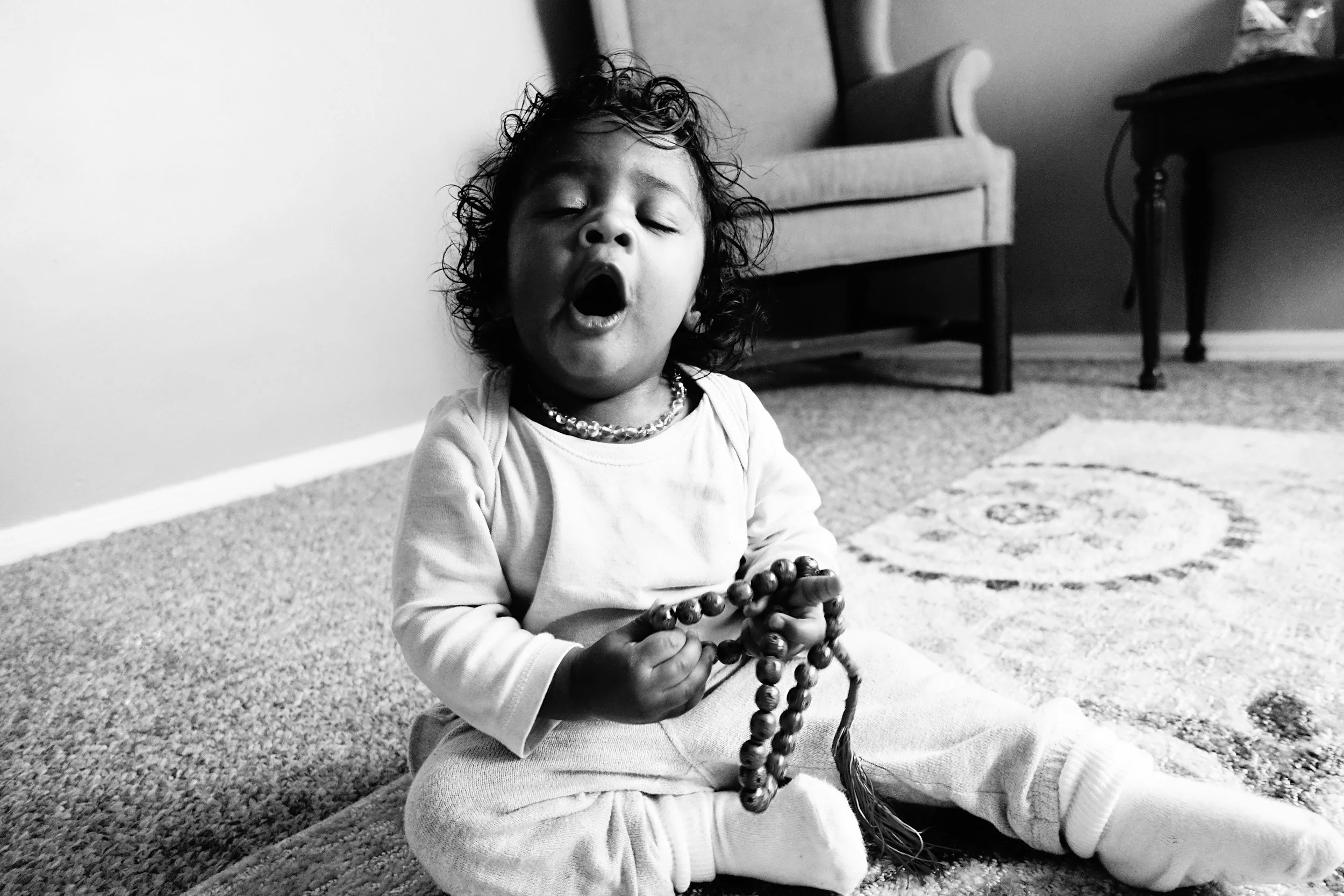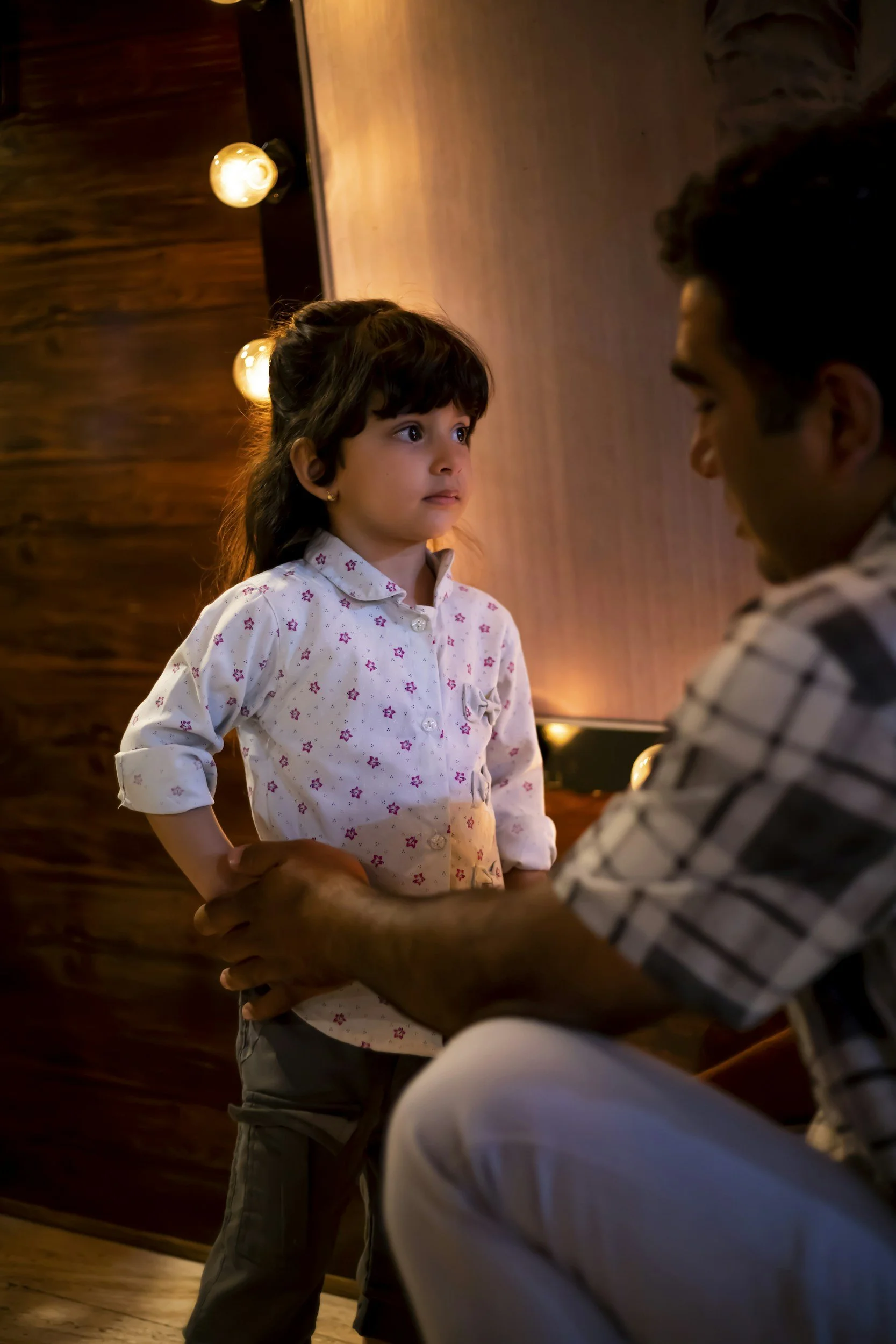Managing Toddler Tantrums: Positive Discipline Strategies💫
Positive Discipline Strategies That Work😊
1. Stay Calm and Grounded🧘♂️
Children look to adults to regulate their emotions. If you stay calm during a meltdown, you model self-control and create a safe emotional space.
Tip: Take a deep breath, get down to their level, and speak in a soft, reassuring tone.
2. Acknowledge the Feeling⚠️
Validating a toddler’s emotions helps them feel seen and heard, even if you don’t agree with the behavior.
Say: “I see you’re upset because you wanted the toy. It’s okay to feel mad.”
3. Set Clear, Consistent Limits🫷🏽
Boundaries provide toddlers with security and structure. Be firm, but kind.
Example: “We don’t hit. I won’t let you hurt me. Let’s take a break and calm down.”
4. Offer Choices🌈
Giving toddlers small choices helps them feel empowered and reduces resistance.
Try: “Would you like to wear the red shirt or the blue one?” or “Do you want to clean up blocks or books first?”
5. Redirect Their Attention➡️
Sometimes, the best way to diffuse a tantrum is to shift the focus to something positive or engaging.
Use distraction creatively: “Let’s go feed the toy animals” or “Can you help me find the missing puzzle piece?”
6. Use Time-Ins, Not Time-Outs
Instead of isolating a child, use time-ins to sit with them and help them calm down.
Approach: “Let’s sit together until you feel better. I’m here for you.”
After the Tantrum: Reflect and Reconnect🫂
Once your toddler is calm, talk about what happened in simple terms. Offer words to describe their feelings and discuss better ways to express them next time.
Example: “Next time you’re upset, you can say ‘help’ instead of screaming.”
When to Seek Help🆘
Frequent, intense tantrums that are difficult to manage could be a sign your child needs extra support. Our team offers personalized behavior consultations and nanny services trained in early childhood development and positive discipline.
Final Thoughts💭
Managing tantrums isn’t about control—it’s about connection. With consistency, empathy, and the right strategies, you can help your toddler build emotional resilience and healthier ways to express their big feelings.
Need more support with toddler behavior or childcare? Contact us today—we’re here to help you raise happy, emotionally secure children.
👉 Get in touch with us today
📩 Email: tamara@nestkin.co.uk
📞 WhatsApp: +44 7853 701735




